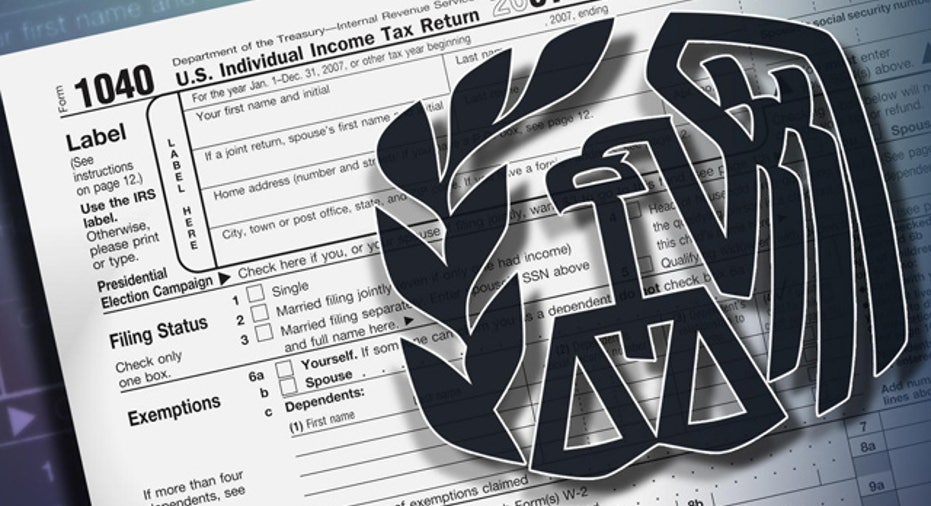Temporary Tax Breaks: Which Ones Affect You?

The House tax bill extends more than 50 expired tax breaks through the end of 2014. They include:
— A tax credit for the production of wind, solar and other renewable energy. Cost: $6.4 billion.
— A tax credit for research and development, benefiting a wide range of industries, including manufacturers, pharmaceutical companies and high tech companies. Cost: $7.6 billion.
— An exemption that allows banks, insurance companies and other financial firms to shield foreign profits from being taxed by the U.S. The tax break is important to major multinational banks and financial firms. Cost: $5.1 billion.
— A provision that allows people who live in states without state income taxes to deduct local sales taxes on their federal returns. Nine states have no tax on wages: Alaska, Florida, Nevada, New Hampshire, South Dakota, Tennessee, Texas, Washington and Wyoming. (New Hampshire and Tennessee tax interest and dividends) Cost: $3.1 billion.
— A provision that protects struggling homeowners who get their mortgages reduced from paying income taxes on the amount of debt that was forgiven. Cost: $3.1 billion.
— A provision that allows restaurants and retail stores to more quickly write off the cost of improvements. Cost: $2.4 billion.
— A tax break that allows profitable companies to write off large capital expenditures immediately — rather than over time — giving some companies huge tax shelters. The tax break, known as bonus depreciation, benefits automakers, utilities and heavy equipment makers. Cost: $1.5 billion.
— A tax credit for employers who hire qualified veterans, ex-convicts and people on public assistance. Cost: $1.4 billion.
— A $250 deduction for teachers who use their own money to buy books and other classroom supplies. Cost: $214 million.
— A tax credit for expenses related to railroad track maintenance through 2013. Cost: $207 million.
— Increased tax rebates to Puerto Rico and the Virgin Islands from a tax on rum imported into the United States. The U.S. imposes a $13.50 per proof-gallon tax on imported rum, and sends most of the proceeds to the two U.S. territories. Cost: $168 million.
— A provision that allows motorsport race tracks to more quickly write off improvement costs. Cost: $33 million.
— A provision that boosts the amount of tax-free money employers can provide commuters to spend on public transportation. Cost: $10 million.
— A tax break that allows TV and movie productions to more quickly write off expenses. Sexually explicit productions are ineligible. Cost: $6 million.
___
Source: Joint Committee on Taxation.



















